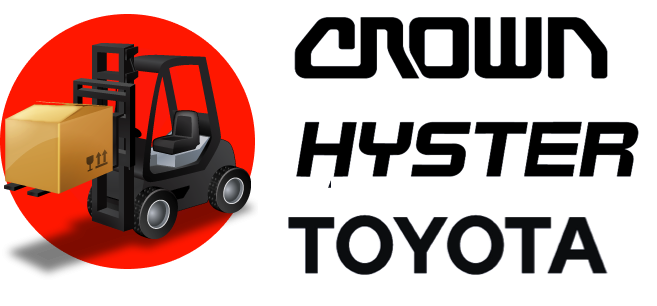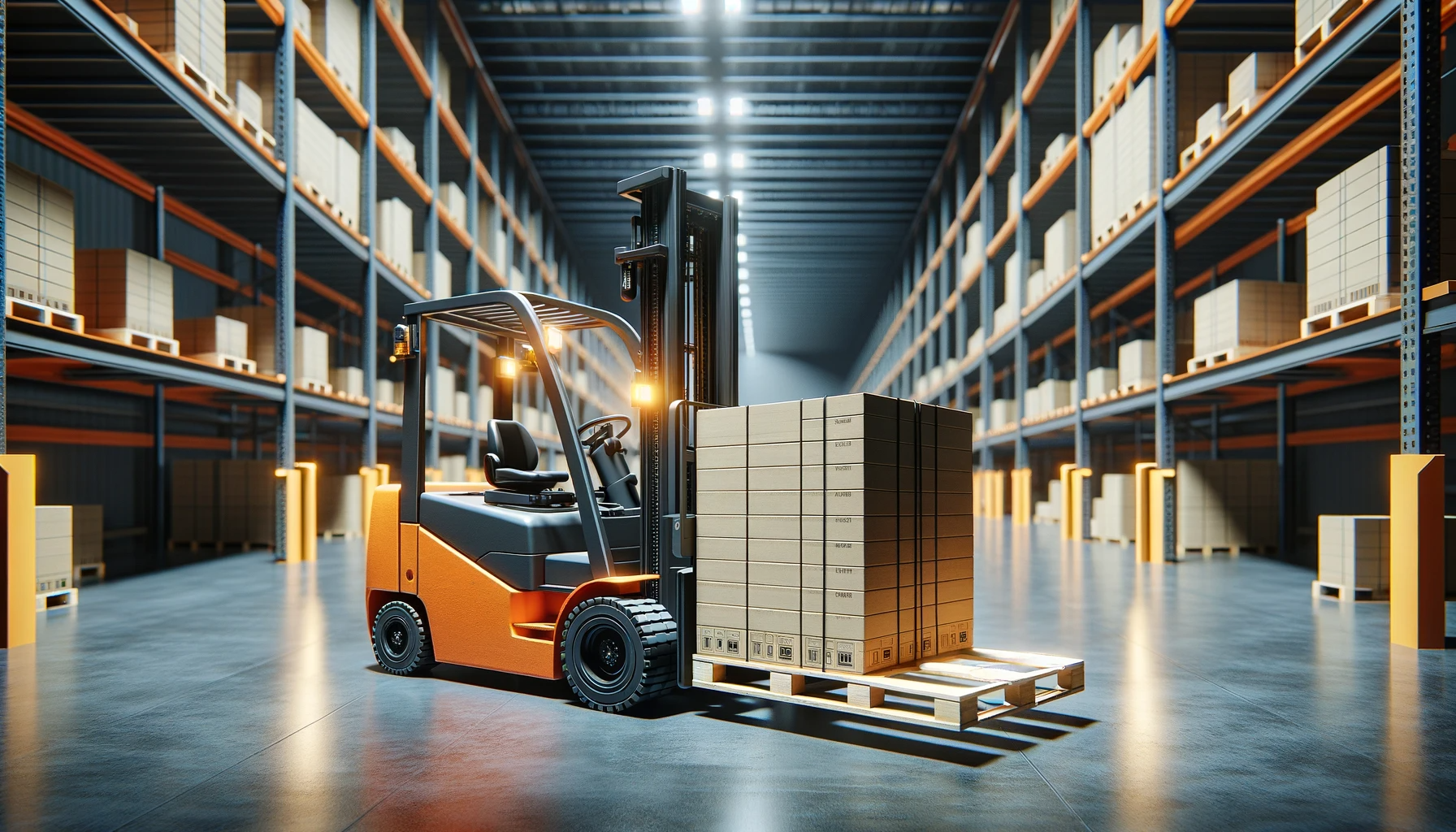Forklifts are essential in various industries, from warehouses and logistics to manufacturing and construction. If you need a forklift for your business but don’t want to commit to purchasing one outright, leasing is an excellent option. This guide will walk you through the process of obtaining a forklift operating lease, explore reputable manufacturers to consider, and highlight popular forklift makes and models.
Part 1: Obtaining a Forklift Operating Lease
Leasing a forklift offers several advantages, such as flexibility, cost-effectiveness, and access to the latest equipment. Here are the steps to follow when obtaining a forklift operating lease:
1. Assess Your Needs:
- Determine the type of forklift you need (e.g., counterbalance, reach truck, order picker).
- Evaluate the weight capacity and lifting height required for your specific tasks.
- Consider whether you need an electric or internal combustion engine (ICE) forklift.
2. Budget Planning:
- Determine your budget for the lease, including monthly payments and any additional costs.
- Account for maintenance, insurance, and potential upgrades or modifications.
3. Research Lease Options:
- Explore lease terms: Short-term, long-term, or lease-to-own.
- Compare lease providers, including banks, forklift dealerships, and independent leasing companies.
4. Credit Evaluation:
- Prepare financial documentation, including business financial statements and credit history.
- Leasing companies will assess your creditworthiness to determine the lease terms and rates.
5. Obtain Quotes:
- Request quotes from multiple leasing providers to compare terms and pricing.
- Be sure to inquire about any additional fees or charges that may apply.
6. Review Lease Agreement:
- Carefully read the lease agreement, including terms and conditions.
- Ensure you understand the lease duration, monthly payments, and any buyout options.
7. Maintenance and Repairs:
- Clarify the maintenance responsibilities during the lease period.
- Determine whether the lessor covers repairs and servicing costs.
8. Insurance Requirements:
- Check the insurance requirements outlined in the lease agreement.
- Ensure your business has the necessary coverage.
9. Finalize the Lease:
- Once you’ve chosen a leasing provider and reviewed the agreement, sign the lease contract.
- Make the initial payment, if required.
10. Delivery and Training:
- Coordinate the delivery of the forklift to your facility.
- Ensure that your operators receive proper training on the leased equipment.
Part 2: Manufacturers to Consider
When leasing a forklift, you want to choose a reliable manufacturer known for producing high-quality, durable equipment. Here are some reputable forklift manufacturers to consider:
1. Toyota Material Handling:
- Toyota is a well-respected name in the forklift industry, known for its innovative and efficient forklifts.
2. Hyster-Yale Group:
- Hyster and Yale are both part of the Hyster-Yale Group, offering a wide range of forklift models with excellent durability.
3. Crown Equipment Corporation:
- Crown specializes in electric forklifts, particularly known for their reliability and precision.
4. Linde Material Handling:
- Linde produces high-quality forklifts with a focus on operator comfort and advanced technology.
5. Mitsubishi Forklift Trucks:
- Mitsubishi offers a diverse range of forklifts known for their efficiency and performance.
6. Caterpillar (Cat) Lift Trucks:
- Cat forklifts are known for their ruggedness and durability, ideal for demanding environments.
7. Komatsu Forklifts:
- Komatsu’s forklifts are known for their safety features and advanced technology.
8. Clark Material Handling Company:
- Clark produces reliable forklifts with a wide range of options to suit various applications.
Part 3: Popular Forklift Makes and Models
Choosing the right forklift make and model depends on your specific needs and applications. Here are some popular forklift makes and models across different categories:
1. Counterbalance Forklifts:
- Toyota 8FGCU25: Known for its versatility and fuel efficiency.
- Hyster H50FT: A robust and reliable choice for heavy-duty applications.
- Crown FC 5200: An electric forklift known for its precision and maneuverability.
2. Reach Trucks:
- Linde R14X: Offers excellent reach and lift heights for narrow-aisle operations.
- Crown RR 5700: Known for its advanced technology and operator comfort.
- Raymond 7500 Series: Provides high-level order picking capabilities.
3. Order Pickers:
- Crown SP 3500: Ideal for high-density order picking in warehouses.
- Raymond 5000 Series: Offers versatile options for order picking and maintenance.
4. Electric Pallet Jacks:
- Yale MPB040-E: Efficient and easy-to-use electric pallet jack.
- Jungheinrich EJE 120: Known for its maneuverability and durability.
5. Rough Terrain Forklifts:
- JCB 525-60 Hi-Viz: Designed for outdoor and rough terrain applications.
- Manitou MRT 2150: Offers excellent lifting capacity and versatility.
Remember that the choice of make and model should align with your specific requirements, so consult with experts and conduct on-site evaluations if necessary.
Obtaining a forklift operating lease can be a cost-effective and flexible solution for businesses requiring forklifts. Careful consideration of your needs, budget, and lease options is crucial. Choosing a reputable manufacturer and the right forklift model will ensure that your leased equipment meets your operational requirements effectively. By following these steps and guidelines, you can make an informed decision that benefits your business.


